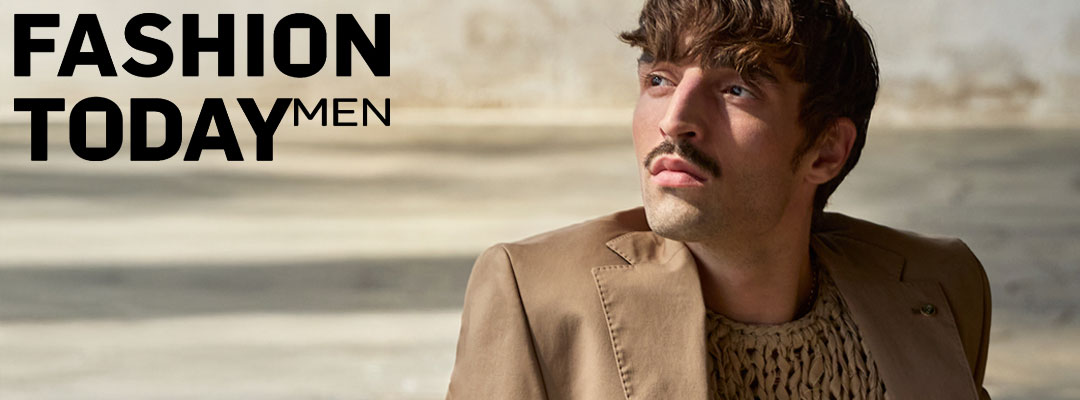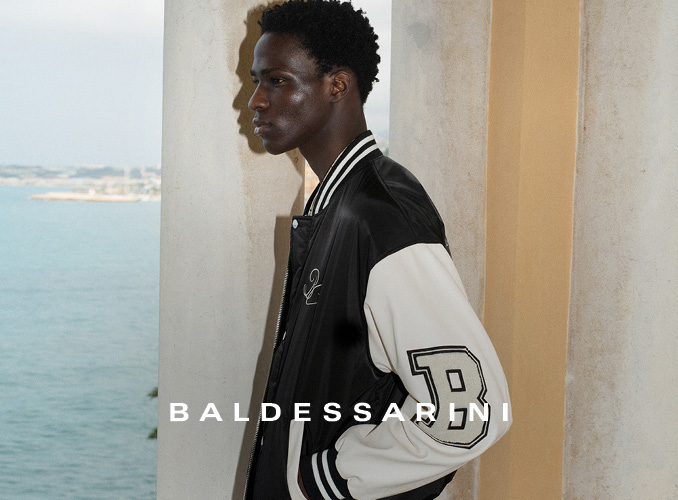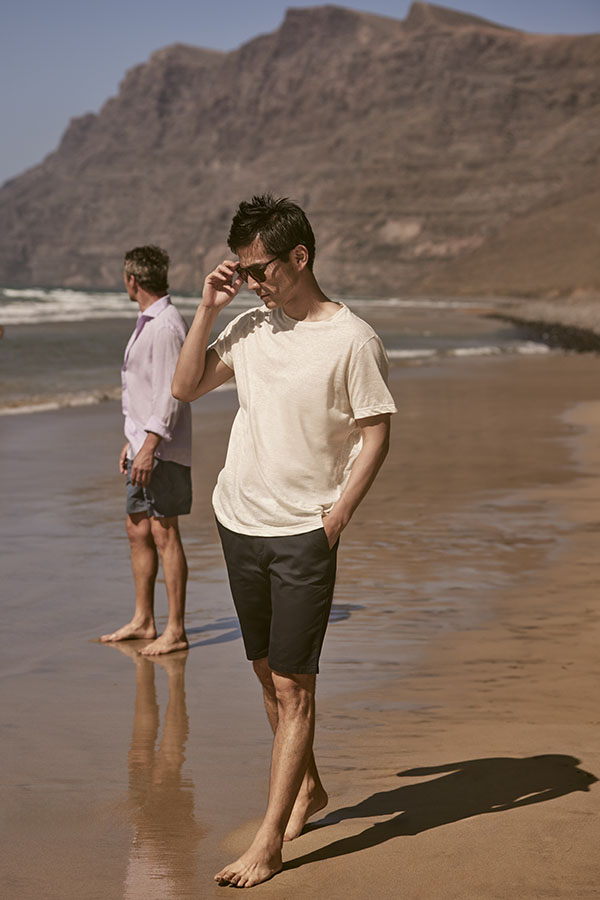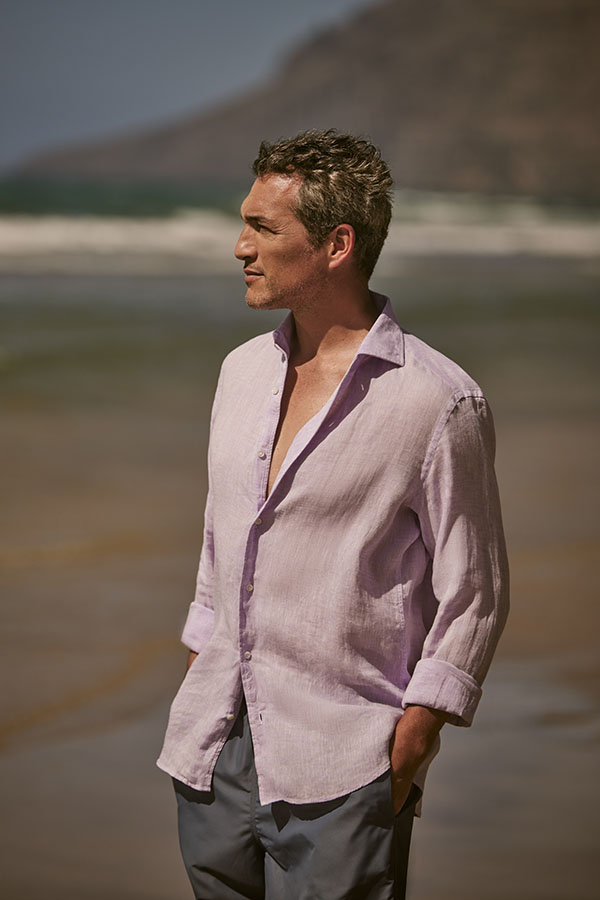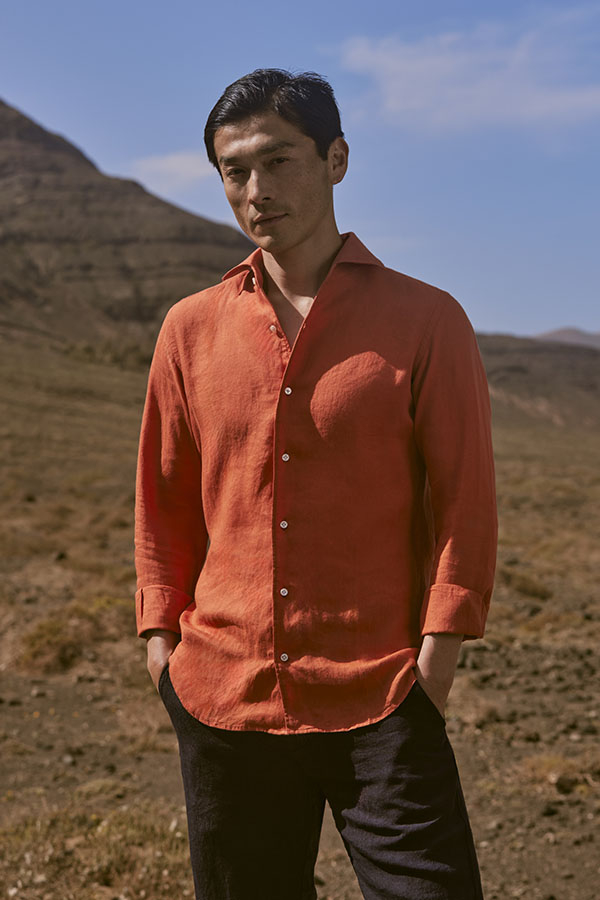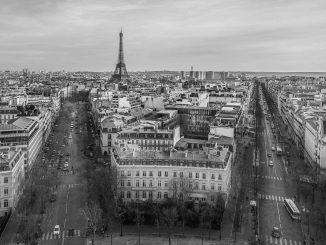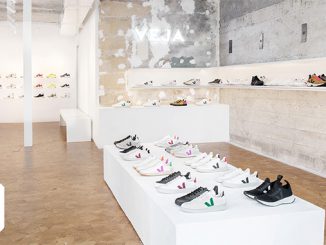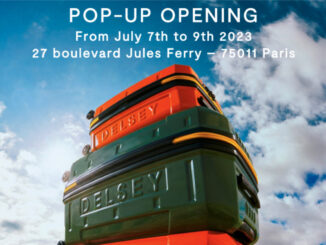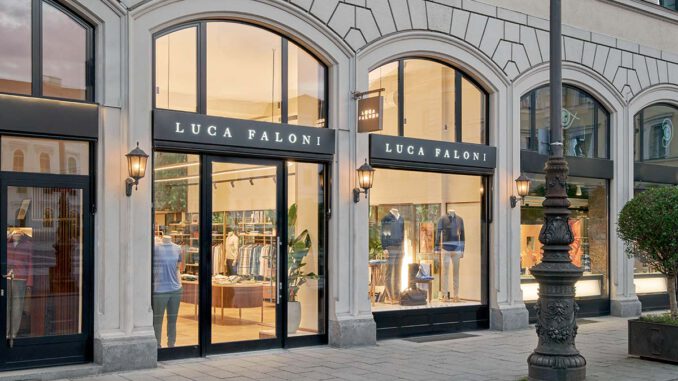
Autor: Markus Oess In this interview with FASHION TODAY MEN, Luca Faloni, founder of the luxury fashion brand bearing his name, reflects on his decade-long journey in the industry, the challenges faced, and ambitious expansion plans, including a new store in Paris. Faloni discusses his vision, investor relations, and the direct-to-consumer model that has driven his success.
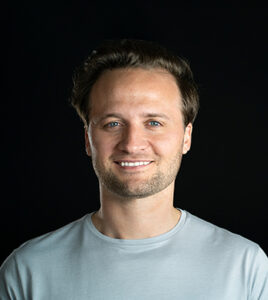
FT: Luca, why did you come up with the idea of founding a fashion brand at the age of 29?
Luca Faloni: “I was studying and working abroad for many years and would always travel back to Torino to purchase clothing as I knew exactly where to go to get amazing quality shirts, trousers, etc., at a good price. It never crossed my mind that it could be a business until I was in San Francisco in 2012 working in consulting and was introduced to the Direct to Consumer model. I thought I could really fill a gap in the market combining these two things; beautiful, luxury Italian-crafted clothing delivered straight to customers at a price that represented value.“
How do you gain investors for a fashion brand start-up and, above all, how do you convince them?
“You start small, in the beginning all of my investors were friends. At that early stage people are investing in you, not really the company. Hence your friends know and trust you best. However, you will have to ask a lot of people as only a few will say yes. As the business grows, people start to see your vision and momentum. That attracts more investors and from there it snowballs. Investors generally cannot get convinced; they have to convince themselves. I found people who became customers of the brand. They saw how great the product is and how committed I am to the business, thus wanted to be involved.“
To what extent are the investors involved in the company and are they just „backers“? Do they also take operational or strategic responsibility in a way?
“Generally, most of the investors provide just financial support. Some are part of my close, trusted circles of informal ‘advisors’ and I discuss ideas and aspects of the business with them regularly. However, most of the people I turn to for advice are not investors but are experts or own large companies in the industry and can advise me on how to progress the business to the next stage. “
You worked in the financial sector, did that help you to find investors?
“Coming from consulting, having a ‘business’ mind rather than strictly a ‘creative’ one meant it was easier for me to start and build the business more quickly. Reassurance that you can operationally run a business and understand how to scale and grow is great for investors. I don’t think my background helped me find investors but once investors did become interested, it was certainly a factor in their decision to invest. “
Fill a gap in the market
You are now celebrating tenth anniversary for your enterprise. Did you plan it all this way or, looking back, would you do something different?
“In terms of product, there is nothing I would change. Product development always takes time – you launch something, you get feedback, you make tweaks, etc. It is a fairly long process and I am very happy with where we stand now. For the business, I would have raised more money earlier to help accelerate some of the initial growth and started hiring people earlier on. Deciding to hire staff is one of the most important and difficult decisions you can make at the start, but having the right people in place means you can create structure, improve processes, and delegate. I feel we could have got here a little faster – and I could have had more sleep – if I hired more people earlier. “
You supply end customers directly. Is that an advantage or disadvantage, especially in light of the pandemic in the past and the current global economic headwinds?
“I believe that direct to consumer is the best model. You can give your customers better value for money and develop more loyalty to your brand. You have a direct relationship so you know exactly who your customers are, where they live, what they buy, etc. That allows you to be a lot more targeted in your approach and gain feedback as well as insights helping you improve and build on it. It is also much easier to control your brand messaging and identity as there are no third-party sellers that aren’t as well trained on the products or as engaged with the brand as your own staff will be.“
How is the business currently going?
“In the last 12 months our turnover was north of 30 Million Euro. “
Are you on track for where you wanted the business to be at this point?
“Looking back with hindsight there are always things you think you could have done better or differently but you have to accept you are happy with where you are now. Strong organizations – and that goes for fashion companies in particular- take a long time to build. It is easy when you first start to think you will have everything figured out and be super successful in two years. But that is not the case. With our brand, the quality of the product was the most important element and that is something you cannot accelerate, it takes time to perfectonize. Overall, I am happy with the point we are at now. “
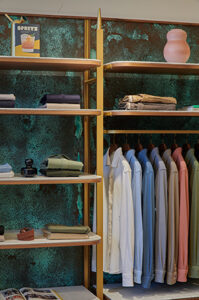
How will the expansion continue? You are planning to open a store in Paris soon …
“Paris will open in July and retail expansion is a key part of our growth strategy, however, we are also looking at how to increase traction online for existing markets. We are also looking at very considerate product line expansion but the main focus for the product is looking at our existing lines and making them the leaders in quality across their categories. “
What are your plans for the Germanic market?
“The German and also the Austrian and Swiss market are very important for us and do particularly well online. Germany is our third largest market outside of the US and the UK. We look to continually increase our online channel in that market as well as grow sales within our current store in Munich. For now, we have one store but are looking to open a second store in another city in the near future. The customers in that growth region of ours really appreciate our elevated casual-wear style clothing and impeccable Italian craftsmanship. “
Company Profile
- Number and locations of Stores: 10 stores in total (Milan, London (x3), New York, Miami, Munich, Zurich, Stockholm, with Paris opening in July 2024).
- Share of Sales: Approximately 65% online and 35% direct retail.
- Collection Structure and Price Range:
- Shirts: 170-245 Euro
- Jumpers: 275-675 Euro
- T-shirts: 120-160 Euro
- Trousers: 150-170 Euro
- Blazers: 675-1250 Euro
- Full Collection: Available on the Luca Faloni website.

